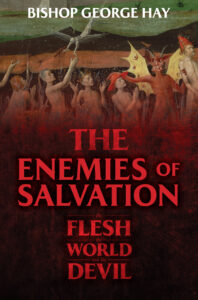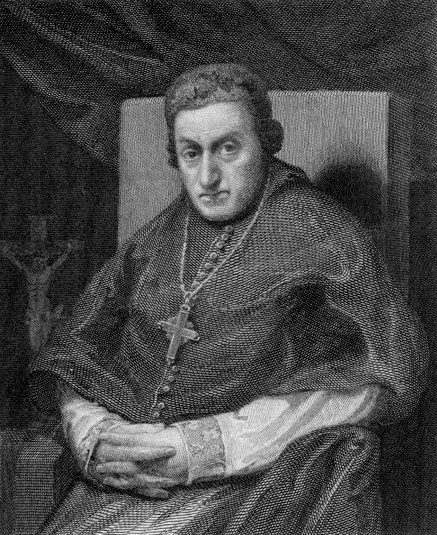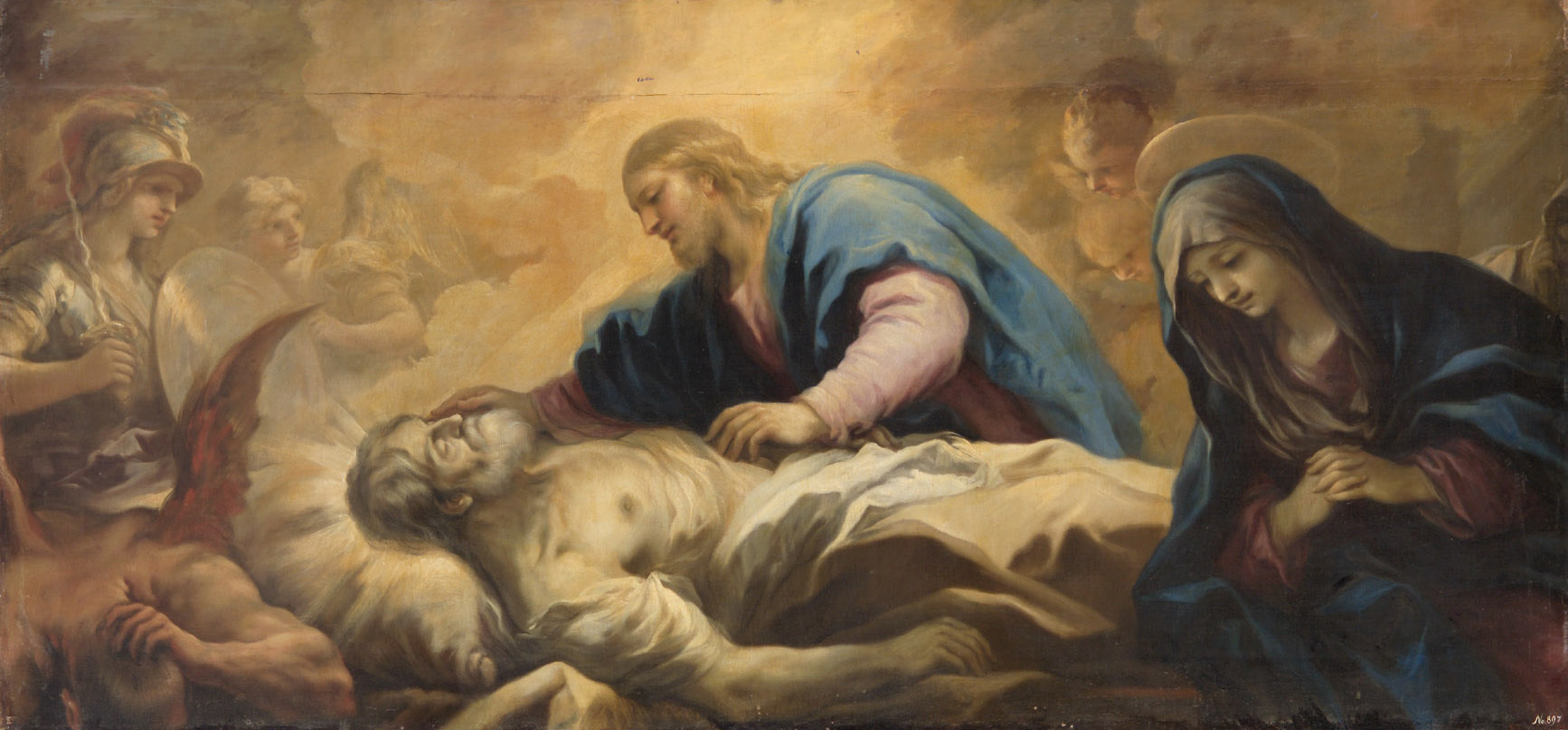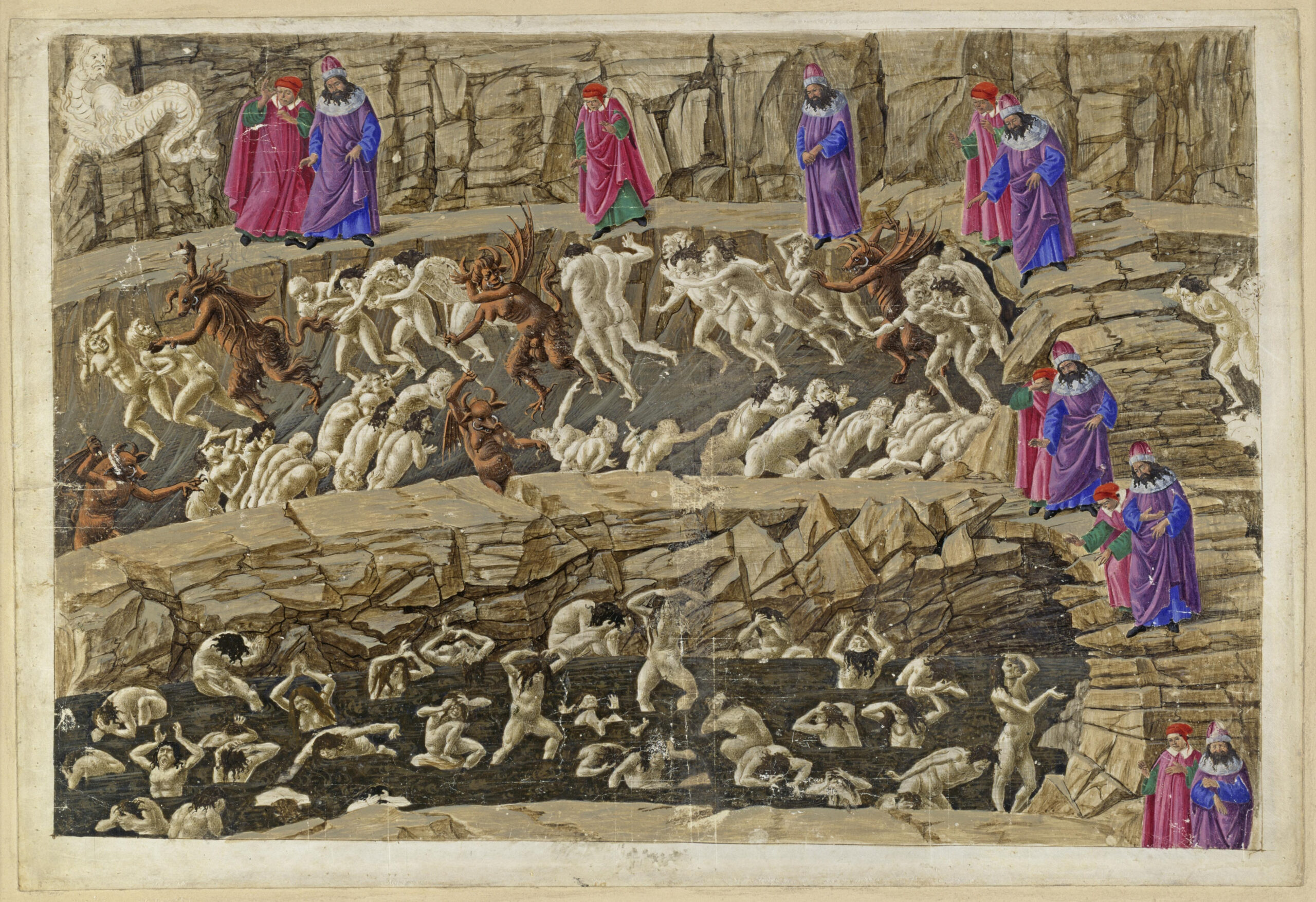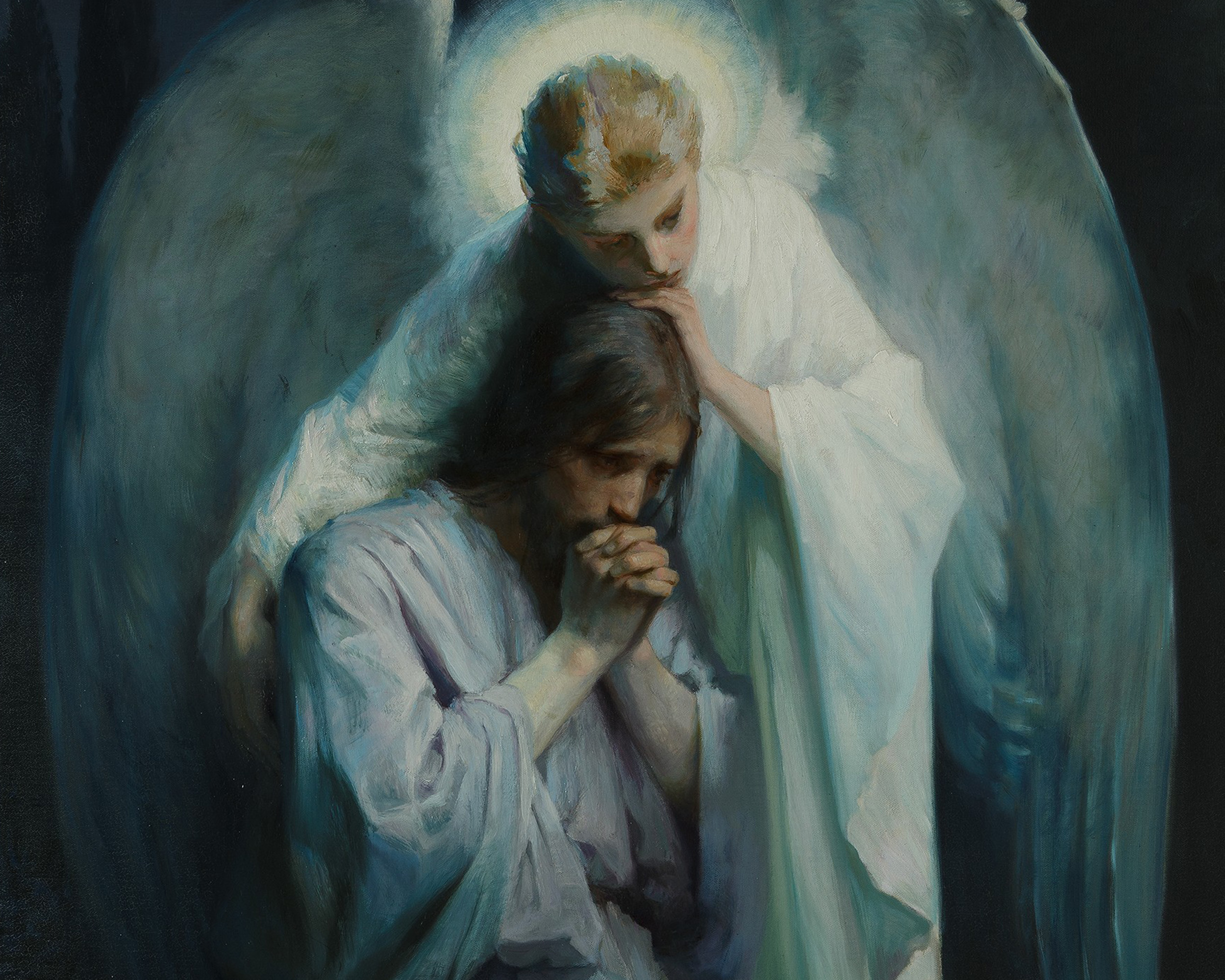On account of His infinite beauty and numberless perfections, our happiness consists in seeing God. We find, from experience, that our nature is so framed by our Creator as to receive particular pleasure and delight from beholding any object which is beautiful and perfect in its kind. Of material beauty, that of the human form is the most excellent, and when this is singularly remarkable, it attracts and enchants the hearts even of the wise; witness the examples of Sampson, Solomon, Holophernes, and others.
Now, if created bodily beauty, which is nothing compared to the spiritual beauty of the soul, and still less to the supernatural beauty of a being in glory, has such charms to please and delight, how much more must the infinite uncreated beauty of God beatify the souls of the blessed, filling them with inconceivable rapture and delight? Our souls and hearts are made for God: no creature is capable of satisfying their boundless capacity; nothing but an infinite good can fill them; nothing but the sight and possession of the beauty of God, the infinite good for which they were created, can give them entire contentment.
This is impossible for us to form any just idea of what the beauty of God is in itself; for how can a finite being form any just idea of what is infinite? How can the creature have any adequate idea of what essentially belongs to the Creator? Besides, we have no grounds to go upon, any more than a blind man has to form a just idea of light and color. The beauty of God is of a kind totally different from created beauty, and though all created beauty is from God, and therefore must be in Him, yet it is in Him after a manner so different and perfect that there is no possibility of forming any just idea of the beauty of God in itself from what we see in creatures. Still there are several reasons which show us, in the most convincing manner, how great, how amazing, how infinitely delightful must be the beauty of God.
The Scriptures declare that God is the first author of beauty, and from thence draw the conclusion, if men be delighted with the beauty of the creatures, “Let them know how much the Lord of them is more beautiful than they; for the first author of beauty made all those things” (Wis. 13:3). “By the greatness of the beauty, and of the creature, the Creator of them may be seen, so as to be known thereby” (v. 5). This is a most just argument; for the Creator must have in Himself what he communicates to His creatures, and in a degree as much more perfect as He is infinitely more perfect and excellent than they.
If, therefore, the numberless beauties dispersed among creatures in the universe—the splendor of the sun, the brightness of the moon, the sparkling of the stars, the colors of the rainbow, the immense variety of beauty which we see in flowers, in the productions of the earth, in birds, beasts, and all living creatures—were all collected in one, and to this were added all the beauty that ever existed in the human form, yet all this would bear no more proportion to the uncreated beauty of God than a small fire to the sun, or a drop of water to the ocean.
The beauty of God is the assemblage of all possible beauty, in an infinite degree, without defect. It is as impossible to add anything to its perfection as it is to diminish it! It is superabundant so amazingly so that though it be communicated in different degrees to innumerable creatures, yet this causes no diminution of its own infinite perfection! Nay, it is so powerfully communicative that it transforms into its own likeness those happy souls who are admitted to its presence; for, “We all beholding the glory of the Lord with open face,” says St. Paul, “are transformed into the same image” (2 Cor. 3:18). And if, therefore, the imperfect, fading, corruptible beauty of the creature has such an effect upon our hearts, and gives us such pleasure in beholding it, conceive, if you can, the amazing effect, the infinite delight, of seeing and possessing this uncreated, immense, essential, eternal beauty of the Creator!
This article is taken from a chapter in The Enemies of Salvation: the Flesh, the World, and the Devil by Bishop George Hay, which is available from TAN Books.
